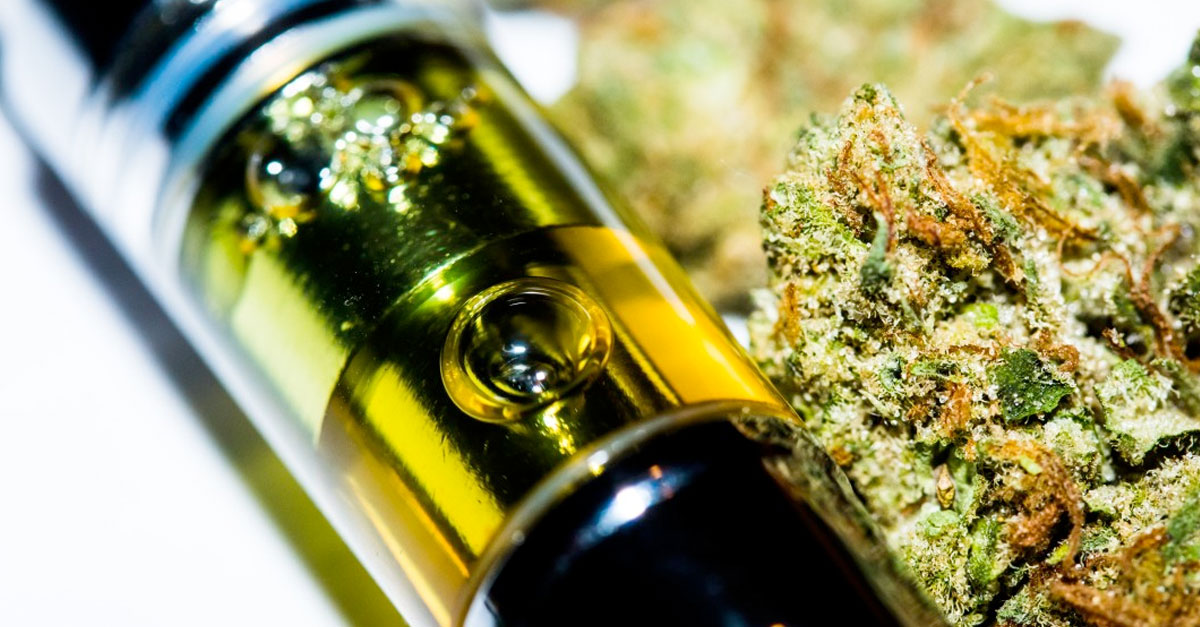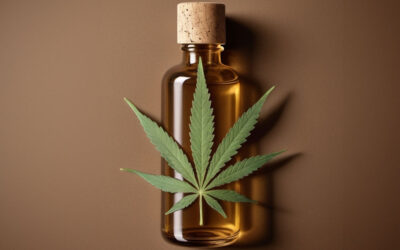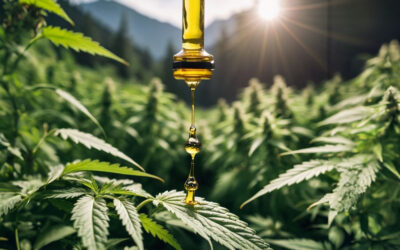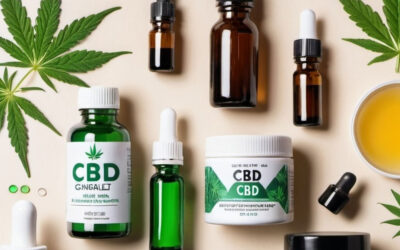The Delta THCs: What’s With All the Numbers?

These days, when you walk into a smoke shop, you will find a good-sized section offering an array of cannabinoids in vapes, gummies, and smokable buds (flower). Ever-changing and rapidly expanding, the cannabis market regularly unveils new cannabinoids. But with so many unique cannabinoids and new-found forms of THC, knowing what you are looking at can be confusing.
In a recent article, we covered the six major cannabinoids (CBGA, THC, THC-V, CBC, CBN, CBC) and THC-P. But also commonly found in smoke shops, dispensaries, and CBD stores are the analogs of the classic THC – Delta 9. In this week’s article, we take a look at some other deltas (8, 10, and newcomer 11). We look at what they are, how they were found, and their reported effects. We’ll also discuss what it means when vapes containing cannabinoids read “live resin” on the label.
Delta 8
Delta 8 is an analog of Delta 9 (D9 is more commonly known as THC). This means that it has a slightly different chemical makeup than THC but has similar effects. Delta 8 is also an isomer of THC, meaning it has the same molecular formula but a different structure and, therefore, new pharmacological properties. Typically, it is processed using CBD derived from hemp.
Delta 8 was discovered in 1941 by Roger Adams. However, it was not fully synthesized until 20 years later by “The Father of Cannabis,” Raphael Mechoulam. His research taught us much about the cannabinoid, including its nausea-reducing properties discussed in a 1995 study in Life Sciences journal.
The potency of delta 8 THC is approximately half that of Delta 9. As a result, users report that D8 results in less anxiety and paranoia—two adverse effects of consuming excessive amounts of THC-rich marijuana. But if traditional weed has affected you thus, start slow and low. Some users also report Delta 8 to be very close in effect to D9 when used in high amounts.
Delta 10
Like D8, Delta 10 is a THC analog and isomer processed from hemp-derived CBD. It is relatively new to the cannabis market and is a rising star.
Fusion Farms in California accidentally discovered Delta 10 while attempting to extract THC distillate from a strain of marijuana tainted with a fire retardant. It produced enigmatic crystals initially mistaken for the cannabinoids CBC and CBL. But after months of investigation, it was correctly identified as Delta 10.
Despite its ability to generate euphoria, Delta 10 is thought to be less potent than Delta 8 or Delta 9 due to its lower affinity for binding to CB1 receptors. As a result, some users claim the sensation is more like a “head buzz than a full body high.” Users have also reported that the effects of delta 10 are less likely to cause paranoia and anxiety than an Indica high and that it is more comparable to a Sativa high.
Delta 11
Delta 11 is perhaps the newest cannabis product to hit the market at the time of this writing. It is a rare cannabinoid found in cannabis plants. Delta 11 is not to be confused with 11-hydroxy-THC (the metabolite of THC).
The scientific research on Delta 11 THC is minimal. The first scholarly mention of it was in a 1974 paper published in the Journal of Drug Education. After that, a 1990 study looked at the metabolism of Delta 11 in detail. Since then, however, there has been no further research on this cannabinoid.
In comparison to Delta-9, Delta-11 is said to be more powerful. Compared to regular THC, it starts acting faster and maintains the strength of its psychoactive effects for much longer. However, like the science on Delta 10, anecdotes are equally as limited until more D11 products become popular and available.
What is Live Resin?
If you’ve visited a dispensary or smoke shop to purchase any of the Deltas, you’ve likely noticed a product called live resin. But what is this syrupy-looking stuff? Live resin is a potent cannabis extract with a consistency similar to crystallized honey. The marijuana plant is frozen, the chemicals are removed, and the live resin is the result. The terpene profile is preserved due to the usage of fresh flowers, giving it a delightful flavor and scent.
The main objective of live resin is to preserve all of the terpenes. Optimum terpene preservation is ensured by keeping the plant frozen and “alive” throughout the manufacturing process. In addition, live resin can help you reap the benefits of the “entourage effect,” which requires terpenes.
A “distillate” is what you have if you don’t have a “live resin” product. The percentage of cannabinoids in a distillate is substantially more, but all of the terpenes are missing. Conversely, live resin has fewer cannabinoids but a lot more terpenes.
The high terpene concentration of live resin is a key distinction between it and distillate since distillate does not retain any terpenes after extraction. The objective of distillation is often to isolate the THC to produce a very potent product in the form of a clear, odorless liquid.
Product Safety
Novel cannabinoids raise safety concerns, just like any new compound does. The short- and long-term adverse effects have not yet been thoroughly researched. It follows that Delta THC, HHC, and THC-O products are to be bought and used with prudence. Always ensure that anything you buy comes from a reputable supplier that uses third-party testing with available certificates of analysis.
*The statements made within this article have not been evaluated by the Food and Drug Administration. These statements and the products discussed are not intended to diagnose, treat, cure or prevent any disease.
Latest GreenCore News
CBGA: The Mother of All Cannabinoids
CBGA: The Mother of All Cannabinoids CBGA, often called the "mother of all cannabinoids," is gaining significant attention. This foundational cannabinoid is showing promise in reducing seizures and treating conditions like insomnia and chronic pain. Recently, its...
Cannabis Concentrate Spotlight: Rick Simpson Oil
Cannabis Concentrate Spotlight: Rick Simpson Oil Rick Simpson Oil has become a cornerstone in the world of cannabis products. Renowned for its versatility, this concentrate offers a multitude of benefits for both medical patients and recreational users.In this blog,...
CBD 101: Properties, Production, and Potential
CBD 101: Properties, Production, and Potential CBD has rapidly evolved from a little-known compound to a household term. But while it has become a ubiquitous term, many remain unclear on what cannabidiol actually is. In this blog, Green Core Specialty Insurance...
Contact Us
Office Location
1600 Golf Road, Suite 1200
Rolling Meadows, IL 60008
Office Hours
M-F: 8am - 6pm
Phone
847-201-4600



